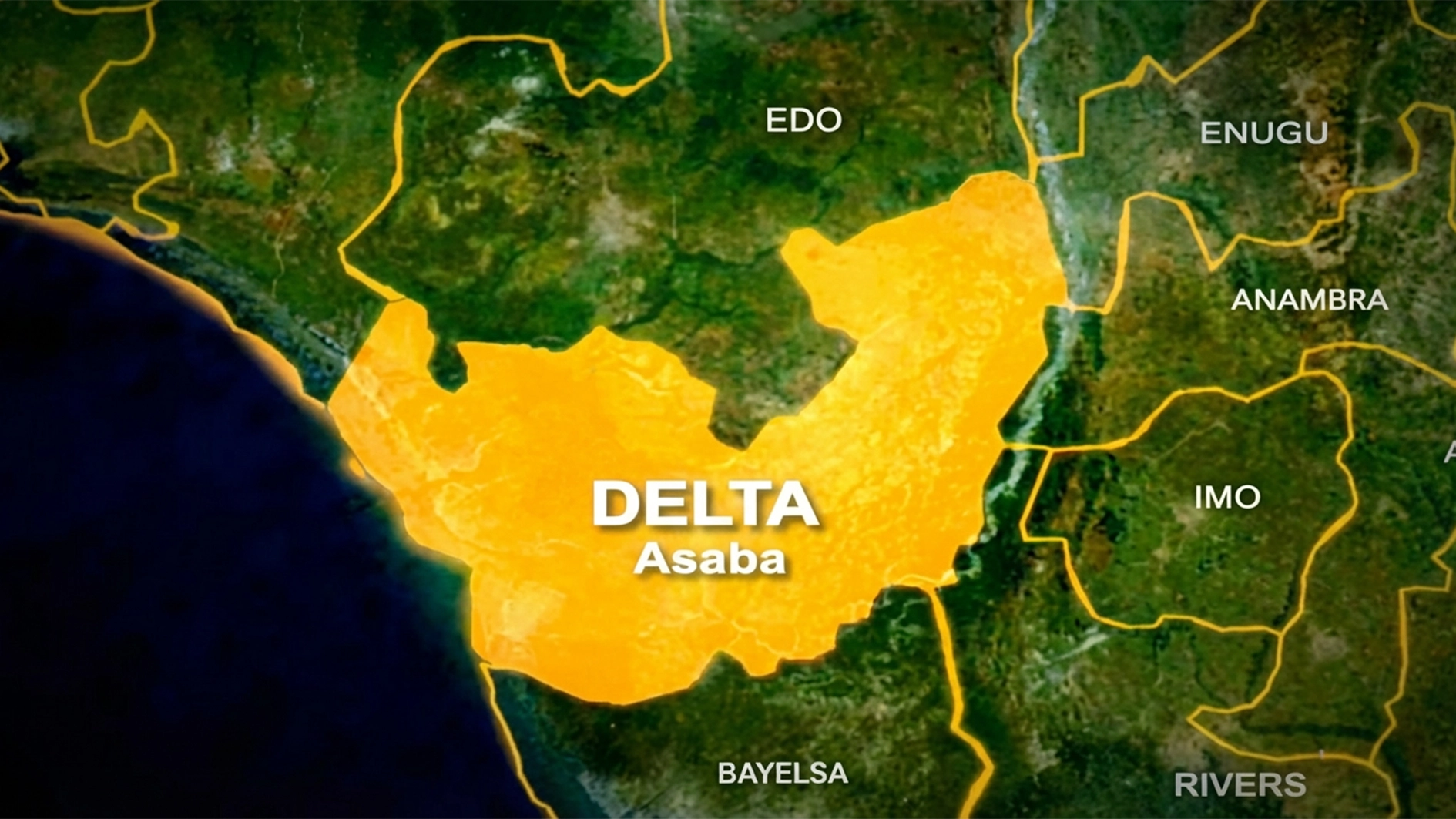
Sir: We are getting closer to four decades of AIDS epidemic as a serious challenge to global public health. Africa has particularly faced enormous health and development setbacks during this period, placing the lives of the continent’s most vulnerable people at greater risk of illness and death.
In West and Central Africa, governments and their partners have succeeded to place 1.8 million of their people living with HIV on life-saving antiretroviral therapy. But all is not yet well. As UNAIDS Executive Director, Michel Sidibé reminded during the 29th African Union Conference: “Even if there are positive signs of new trajectory for treatment acceleration, there is still a long way to go.”
In the 25 countries of West and Central Africa, 6.5 million people were living with HIV at the end of 2015 and 500, 000 of them were children.
The epidemic is particularly acute on women, who account for 54 per cent of the adults living with HIV. Children are bearing the brunt of this crisis since 3.7 million of them are now orphaned by AIDS. Only 36 per cent of people living with HIV in our region know their HIV status compared to 62 per cent in East and Southern Africa.
On July 3rd, under the leadership of President Alpha Condé, Chair of the African Union, the Aids Watch Africa Heads of state and government meeting, which gathered around 20 head of states, and as many ministers representing their countries, endorsed The Western and Central Africa Catch-Up Plan: Putting HIV Treatment on the Fast-Track by 2018.
They all agreed to redouble their efforts to achieve the Political Declaration to end AIDS by 2030, as a key facilitator for the achievement of all the Sustainable Development Goals.
The endorsement symbolises a new and dynamic phase in the HIV response in West and Central Africa. It offers us all the opportunity to speed up the delivery of the commitments already made towards ensuring that by 2020, 90 per cent of all people living with HIV will know their HIV status, 90 per cent of all people with diagnosed HIV infection will receive sustained antiretroviral therapy, and 90 people of all people receiving antiretroviral therapy will achieve viral suppression.
West and Central Africa has paved its path to catch up with other regions in the race to end AIDS by 2030 and UNAIDS is in full support of its endeavors. More than ever before, speedy action by governments is of the essence. Support from the UN and important partners like PEPFAR, The Global Fund, Doctors Without Borders and faith-based organisations that work with communities across the region will be critical to our success. Together, we can make this plan workable. Together, we can end AIDS by 2030.
• Dr. Djibril Diallo is the UNAIDS director of the Regional Support Team for West and Central Africa.






